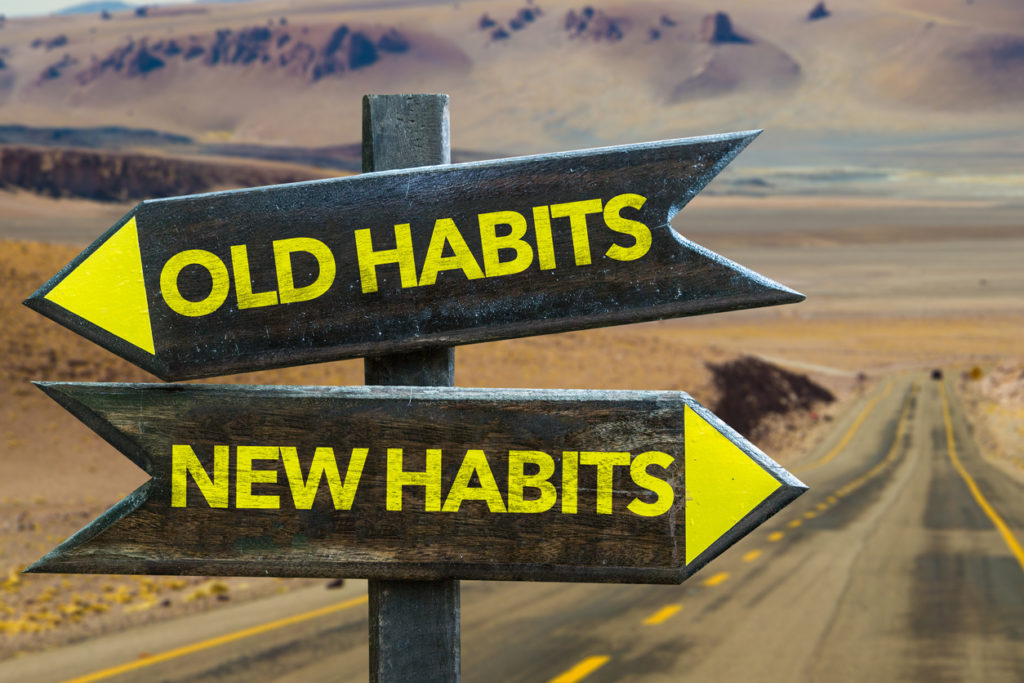Activism for Liberty has a definite purpose. That is to bring about political and societal change in the direction of more individual freedom. It isn’t merely the act of telling people our opinions. It involves action with the intent of influencing others toward greater awareness, understanding, and practice of the principles of Liberty. Here are some suggestions for becoming a more effective liberty activist.
Work to your strengths
Engage in some quiet self-reflection and decide what skills you already possess that you can put to good use. Do you have good writing skills? Consider writing a letter to the editor (LTEs) of the local newspaper, contribute content to the NHLA website, or start a blog. Are you good at analysis? Try reviewing bills with the NHLA’s bill review system. Are you good at software development? Consider working with the NHLA’s IT development team to build new tools for other activists. Do you have good interpersonal communication skills? Perhaps you could work on a phone banking campaign to affect legislation or on a door knocking campaign for a candidate. Are you good at event planning? You could help plan a gathering of activists for a specific purpose, such as a rally, protest, or our annual Liberty Dinner awards event. There are lots of ways to put your existing skills to good use.
Work on skills you’d like to cultivate
Maybe you aren’t naturally good at public speaking but want to become so. Consider joining a Toastmasters group where you can practice your speaking skills among a friendly audience. Perhaps you’d like to understand how the legislative process works in Concord. Try attending a few committee sessions at the State House and observing how citizens or lobbyists structure and frame their testimony or the way a committee deliberates on the merits of a bill. You’ll quickly develop ideas for how to present testimony yourself. If you’d like to develop skills specifically for managing campaigns or issues-based advocacy, consider taking a training course such as the Grassroots Leadership Academy. Think about one or more skills you’d like to build and create a routine that allows you to practice them while learning from mentors who have mastered the skill before you.
“Goldilocks zone” of activity
We see some common patterns among the activist community. Some activists are hard-charging out of the gate but end up becoming disillusioned because they don’t see progress happen as quickly as they might like. Some push their personal limits for too long and experience burnout and so stop all activity. Others may want to be more involved but put off taking the initiative and stay stuck in their current routines.
Try to find your personal “Goldilocks zone” of action; not too little, not too much, but just the right amount. Enough that activism is part of your weekly or monthly routine, but not too much that you’re unable to sustain your desired level of activity. After all, you still have to balance your other responsibilities and personal relationships in order to maintain a healthy lifestyle. How many hours a month can you invest in advancing Liberty in New Hampshire?
Make it fun
Activism doesn’t have to be dull and boring. If you’re engaged in activities that you enjoy, it won’t seem burdensome. Combining social activity with performing a clearly defined task can make the experience more fulfilling. Also, try inviting others to participate with you and make it a group effort with people whose company you enjoy. Employing the buddy system with just one other person can keep you both motivated to be consistent and persistent.
Take initiative
We humans are creatures of habit. Sometimes we get stuck in our routines or within our online echo chambers, and we may feel reluctant to venture out and engage with the wider world. Being a more effective activist requires us to step outside of our comfort zone and engage with members of the legislature and the voting public.
By making our Activism for Liberty a Habit, with small incremental improvements through practice, we’ll all make steady progress in becoming more effective and persuasive activists. Doing this together as a community of like-minded people can have a historic effect on the future of Liberty in New Hampshire.
If you’d like to become more involved with the NHLA, email volunteer@nhliberty.org for more information.

